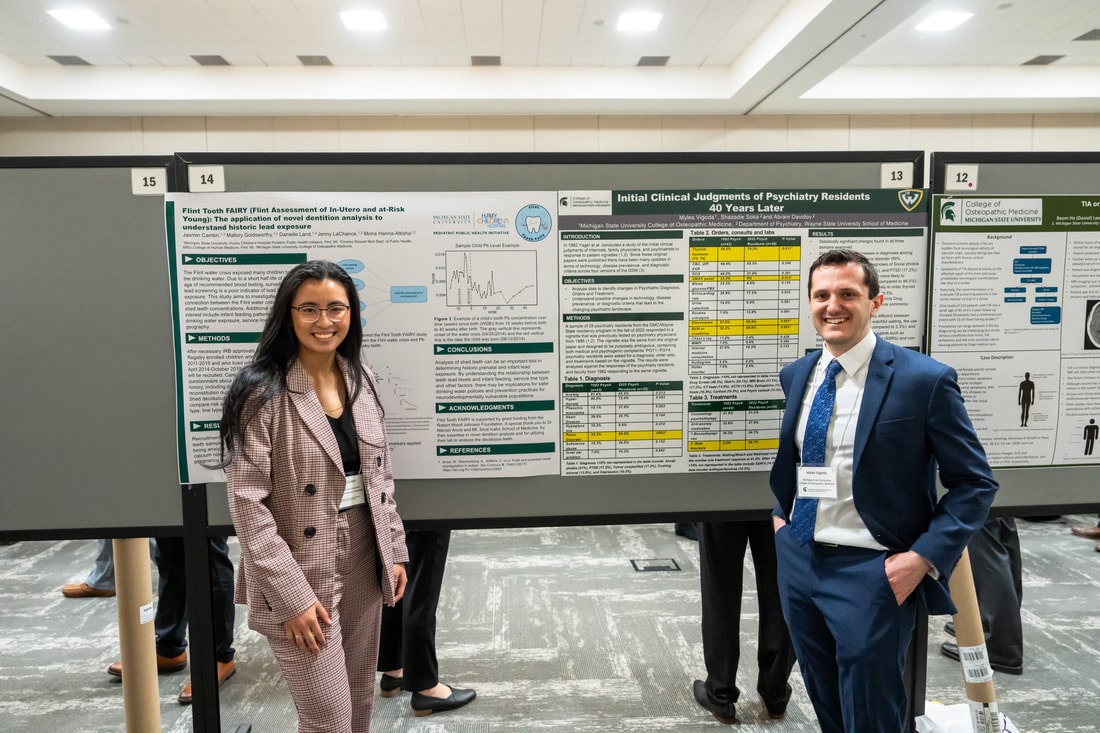The MSU GME Alliance Physician Advisory Committees (PACs) serve as integral components of the GME Alliance consortium structure. These specialty-specific committees function as collaborative forums for curriculum planning, inter-program peer engagement, information sharing, and addressing matters related to GME Alliance-affiliated residency and fellowship programs. Each GME Alliance full-program member residency or fellowship program is encouraged to appoint a faculty representative — typically the Program Director or Associate Program Director — to serve on the corresponding GME Alliance specialty PAC. All PAC members are collectively responsible for contributing to the development and continuous improvement of high-quality, specialty-specific educational content for GME Alliance programs.
Operational Guidelines
Meeting Frequency
PACs shall convene at least twice per academic year. Members are expected to attend each meeting or send a designated proxy when unavailable. Proxies should be core faculty members with active involvement in the program.
Key Functions of the PACs
PACs provide input and recommendations on the following activities and decisions:
- Selection of educational conference topics for specialty-focused sessions, with emphasis on addressing educational gaps and supporting achievement of ACGME and board-related competencies.
- Identification and recommendation of potential speakers, instructors, and subject matter experts.
- Determination of appropriate levels of resident/fellow engagement in specialty-focused conferences.
- Development and/or approval of conference goals and learning objectives.
- Nomination and endorsement of a Lead Program Director (LPD). The LPD is formally appointed by the GME Alliance Specialist/Associate Dean. Nominees may decline the role and must comply with institutional policies on outside activities, if applicable.
- Review and recommendation of commercial board review resources and tools.
- Suggestions for faculty development topics or initiatives tailored to the specialty/subspecialty.
- Ongoing review of curricular data—such as in-training or in-service exam performance, board pass rates, semi-annual evaluations (e.g., ACGME Milestones)—to inform curriculum refinement. Each PAC member program will annually submit its top three concerns of the program to the GME Alliance Academic Specialist. Aggregated data will guide targeted improvements to GME Alliance specialty curricula.
Review and Approval Process
All recommendations developed by the PAC must be documented and submitted to the designated GME Alliance Academic Specialist. Proposals requiring resource allocation or major changes will be reviewed by GME Alliance leadership for final approval, including consideration of available funding and alignment with GME Alliance strategic goals.
Join Your Specialty PAC
Full-Service member program directors and/or associate program directors are encouraged to join their specialty Physician Advisory Committee (PAC). To join, email your GME Alliance Academic Specialist assigned to your specialty.
Updated 7/8/2025



